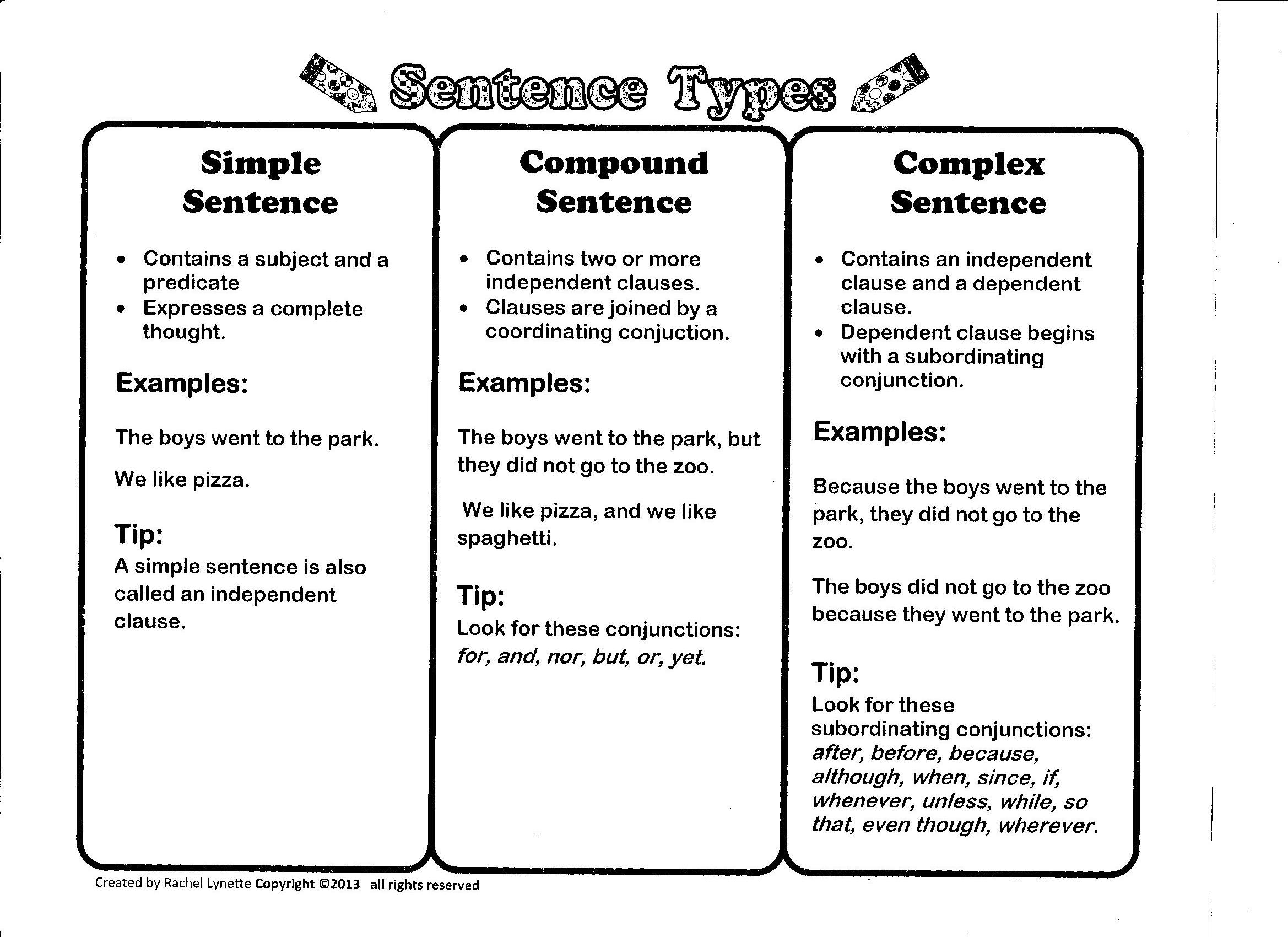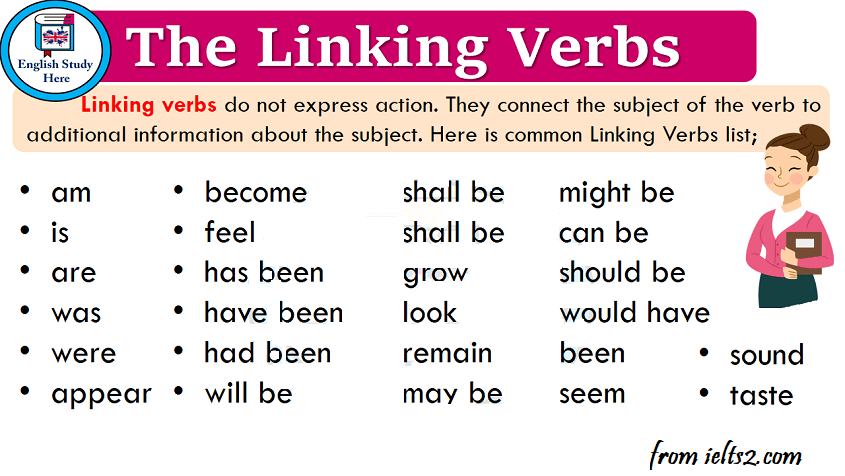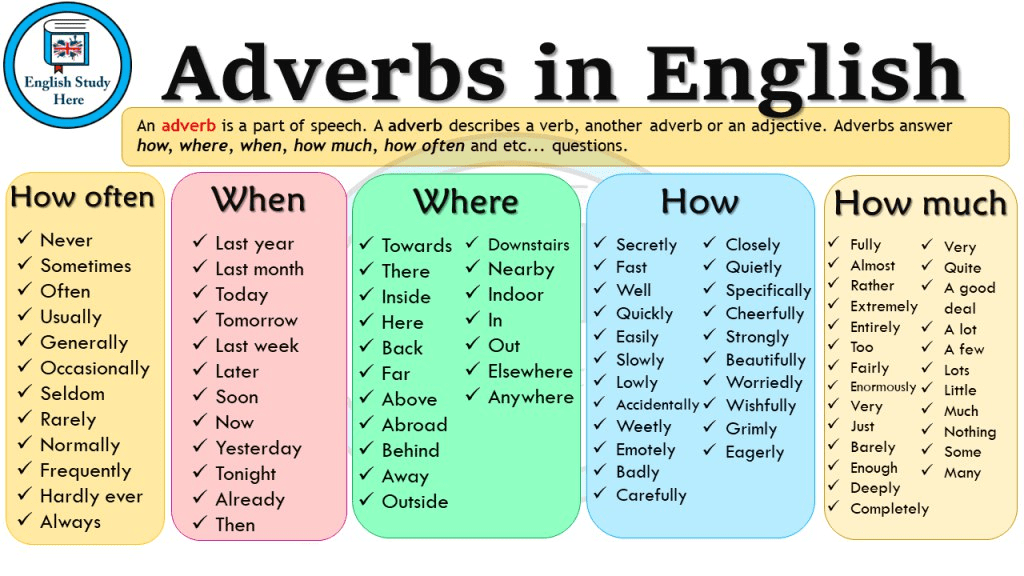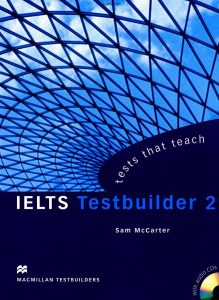
این صفحه مربوط به بخشی از تدریس کلاس های گرامر و جمله سازی مهندس ابوالقاسمی می باشد که برای بهبود وضعیت جمله سازی زبان آموزان آیلتس و زبان انگلیسی در 6 جلسه(6 هفته) تنظیم شده است و مبحث های (1) هفت نوع جمله در زبان انگلیسی ، (2) ساختارهای ساده و پیچیده در جمله سازی، (3) جمله واره های موصولی ، (4) انواع کلمات ربط، (5) ساختارهای that clause، و (6) ساختارهای مجهول را در بر میگیرد.
.
آشنایی با ساختار انواع جمله در انگلیسی
ساختارهای ساده و پیچیده در جمله سازی زبان انگلیسی
Five basic sentence structures
There are five basic sentence structures in the English language.
1. Subject-Verb
Examples:
- The boy plays.
- Jack eats.
- Sara sits.
.
2. Subject-Verb-Object
Examples:
- The girl pets the cat.
- I love apples.
- Bill kicks the ball.
.
3. Subject-Verb-Adjective
Examples:
- Lisa is pretty.
- They are nice.
- I am sad.
.
.
4. Subject-Verb-Adverb
Examples:
- Maria laughs loudly.
- The dog jumps high.
- Apples are everywhere.
.
.
5. Subject-Verb-Noun
Examples:
- I am the teacher.
- Jon is a carpenter.
- The boy is a student.
.
.
Expanding Sentences
The examples above are basic sentences. Basic sentences can be expanded, or lengthened, by adding adjectives, adverbs and objects.
1. Subject-Verb
This is the basic subject-verb pattern.
Jack eats.
An adverb is added (quickly) to tell how Jack eats.
Jack quickly eats.
An object is added (carrots) to tell what Jack eats.
Jack quickly eats carrots.
Another adverb is added (at home) to tell where Jack eats.
Jack quickly eats carrots at home.
An adjective is added (fresh) to tell what kind of carrots Jack eats.
Jack quickly eats fresh carrots at home.
.
Example: People often use private cars in large cities.
.
2. Subject-Verb-Object
- Bill kicks the ball.
This is a basic subject-verb-object pattern. - Bill kicks the red ball.
An adjective is added (red) to tell the color of the ball. - Bill kicks the red ball hard.
An adverb is added (hard) to tell how Bill kicks the ball. - Bill kicks the red ball hard every day.
Another adverb is added (every day) to tell when Bill kicks the ball.
.
.
3. Subject-Verb-Adjective
- She looks pretty.
This is the basic subject-verb-adjective pattern. - She looks pretty tonight.
An adverb is added (tonight) to tell when she looks pretty. - Lisa looks pretty tonight.
The subject is identified with a name (Lisa).
.
4. Subject-Verb-Adverb
- Apples are everywhere.
This is the basic subject-verb-adverb pattern. - Green apples are everywhere.
An adjective is added (green) to describe the apples. - Ripe, green apples are everywhere.
A series of adjectives are added (ripe and green) to describe the apples.
.
5. Subject-Verb-Noun
- The boy is a student.
This is the basic subject-verb-noun sentence pattern. - Jon is a student.
The subject is identified with a name (Jon). - Jon is a smart student.
An adjective is added (smart) to tell what kind of student Jon is. - Jon is a smart student at school.
An adverb is added (at school) to tell where Jon is a smart student.
.
منبع:
https://www.really-learn-english.com/sentence-structure.html









2 پاسخ
subject+verb
some people believe.
students prefer.
big cities have.
fast food has.
subject+verb+object
students can chat with other classmates in online courses.
teachers see them in traditional universities.
teenagers tend to play with close friends.
some people enjoy spending time with casual friends.
subject+verb+adjective
big cities grow fast.
governments seem satisfied with modern transports.
small cities become more beautiful.
subject+verb+adverb
governments will extend online universities soon.
students can join online courses everywhere.
fast-food restaurants grow quickly.
The traffic is always terrible in big cities.
subject+verb+noun
students should be able to learn the internet.
fast foods have a lot of salt and fat.
retirees tend to live in small cities.
A. Subject+ verb:
1. Tourists rest calmly in the island every day.
2. Farmers professionally harvest wheat lands in the beginning of summer.
3. Teenagers play happily most of the times.
4. Students carefully concentrate on their important lessons.
5. People peacefully live in quiet small towns.
.
B. Subject-Verb-Object:
1. Tourists always enjoy Caribbean island immensely.
2. Farmers buy many modern agricultural machineries nowadays.
3. Adults always praise their teenage years of life.
4. Mixed schools change the social relationship of students.
5. People often drive their cars in heavy traffic in big cities.
.
C. Subject-Verb-Adjective:
1. Tourists from north Europe appear healthier after getting tanned in the summer.
2. Agricultural development remained vitally important in the history.
3. Juveniles looks happier than adults.
4. Some people believe that separate schools are better.
5. Large cities turned polluted after industrial revolution.
.
D. Subject-Verb-Adverb:
1. The island changed significantly after construction of tourist facilities.
2. People who faced famine ate hungrily after charity’s aid.
3. Adults often think of the problems worriedly and do not enjoy themselves.
4. Students study carefully to pass their exams.
5. People in small towns always walk calmly in their neighborhood.
.
E. Subject-Verb-Noun:
1. Tourists should pay the entrance fee for the beach.
2. Millions of people suffer severe famine in following summer.
3. Most of the teenagers play different games in their free time.
4. Mixed schools are the best choice for some countries.
5. People in large cities waste time in heavy traffic at rush hours.